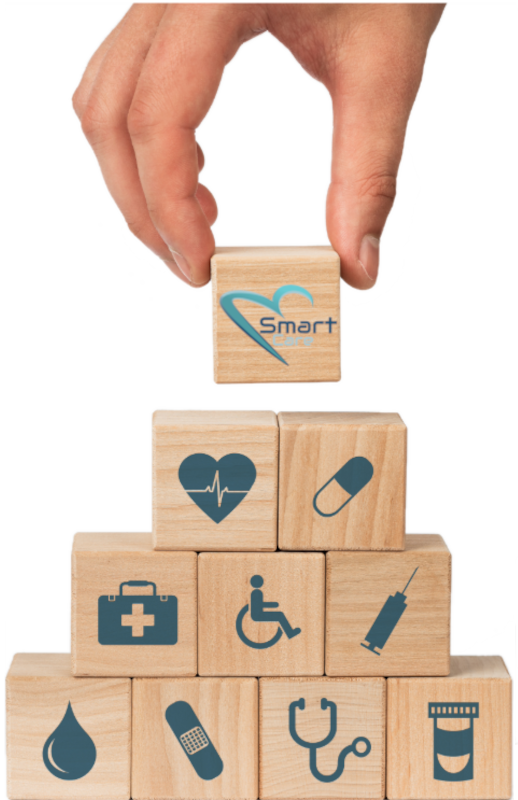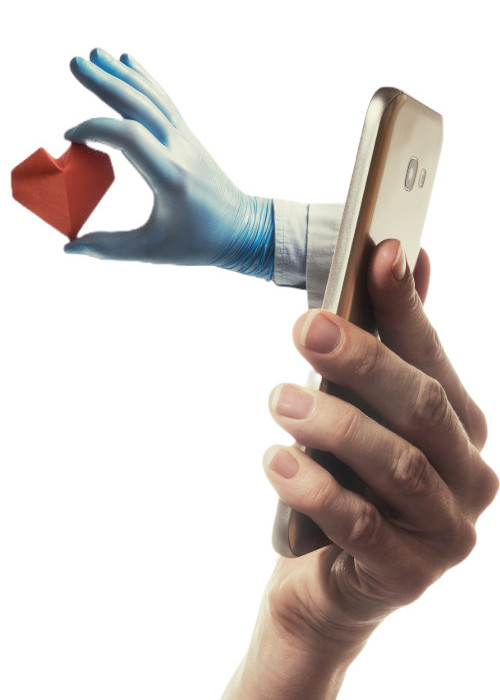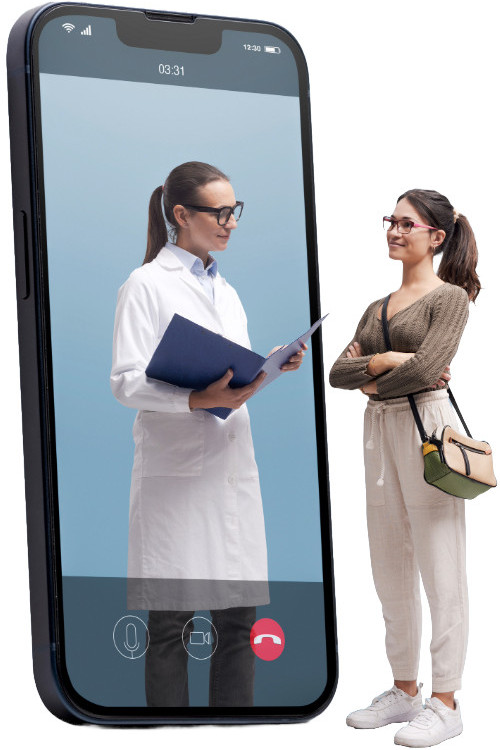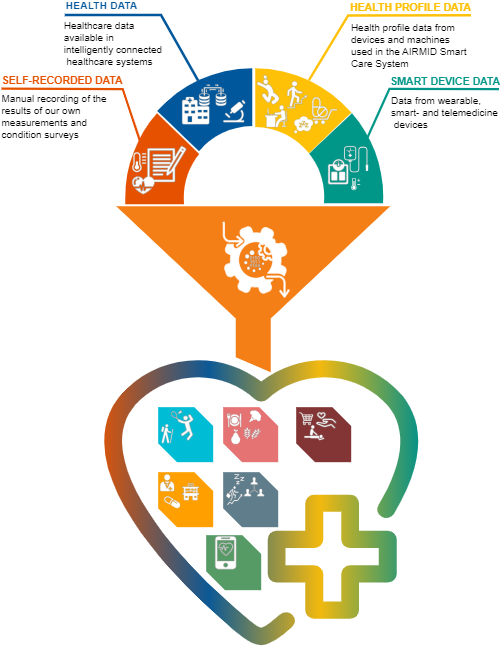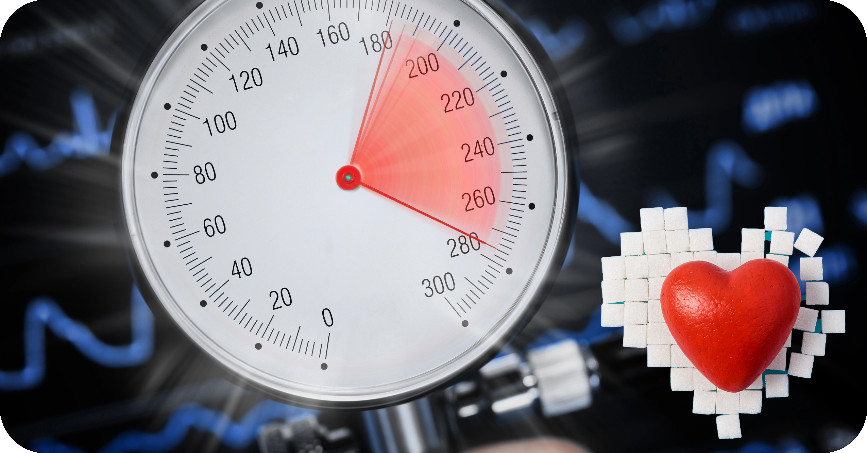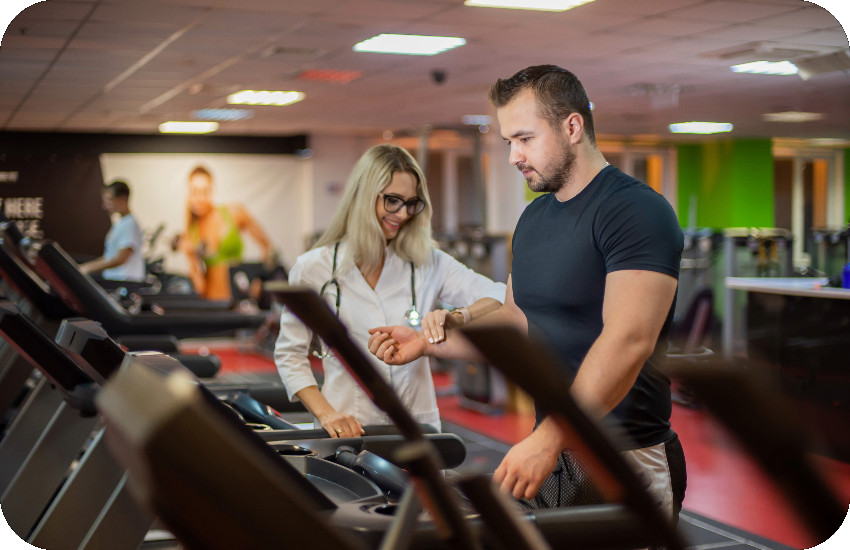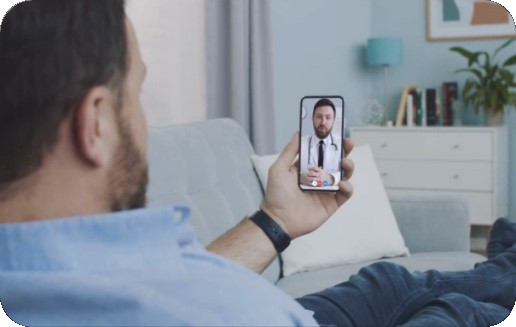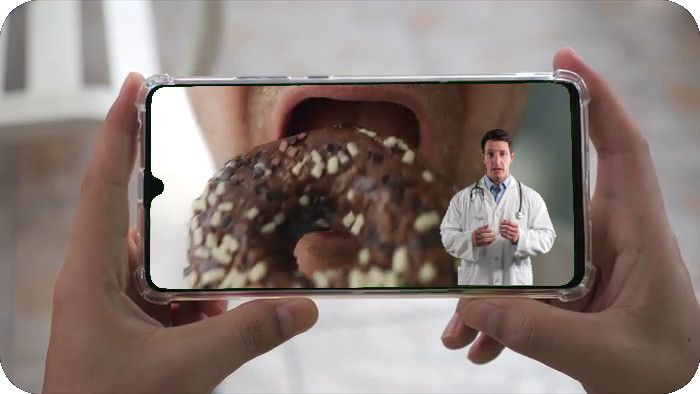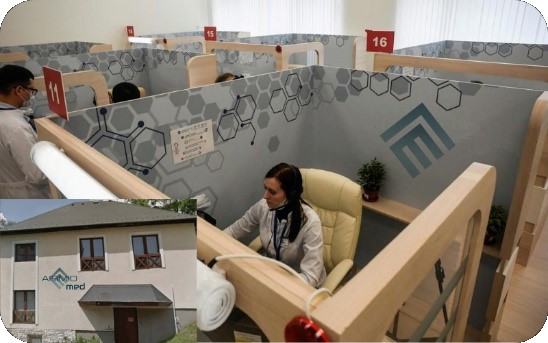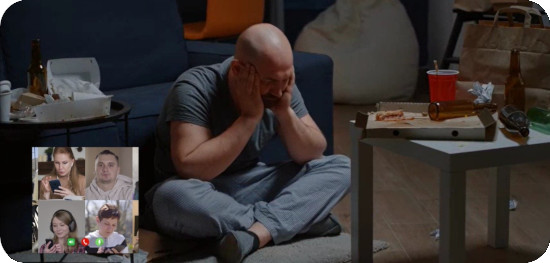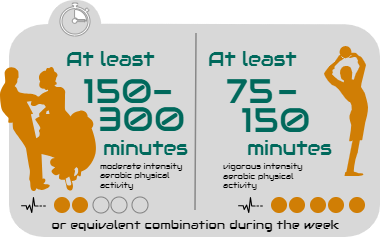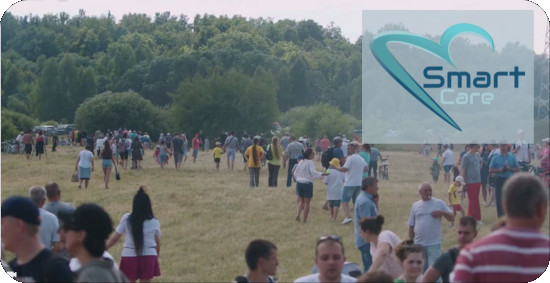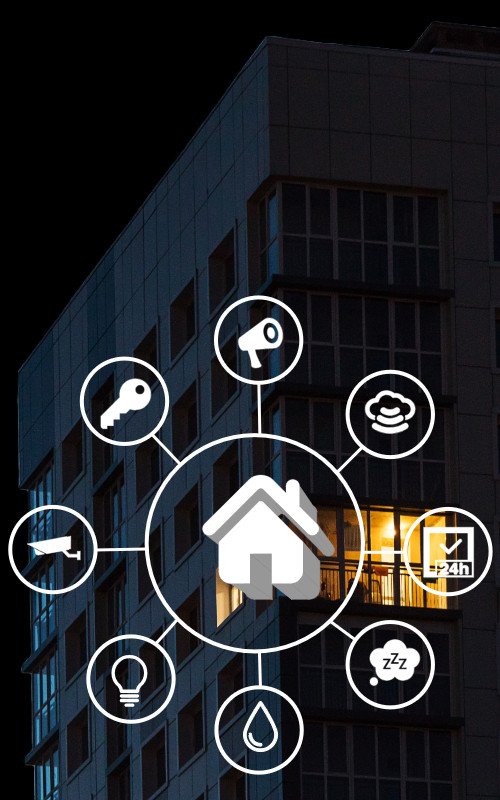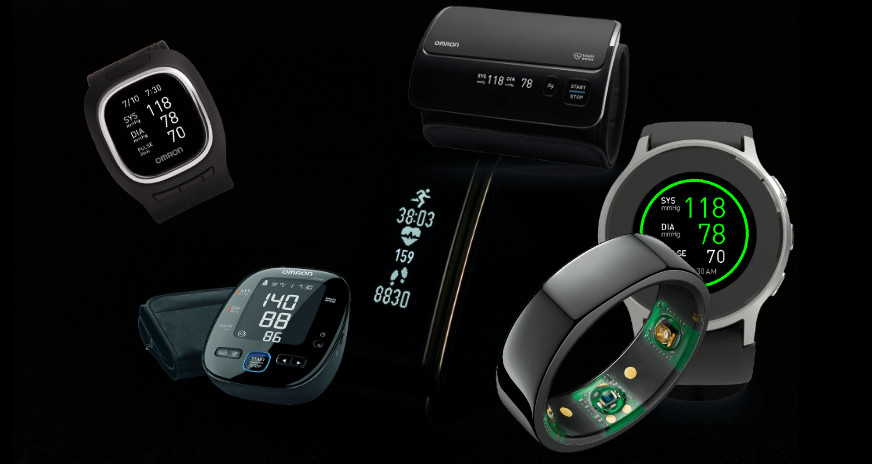How
Smart Care
Helps?
a Successful Lifestyle Change
There is a growing global commitment to health and the need to increase the number of years spent in good health and well-being
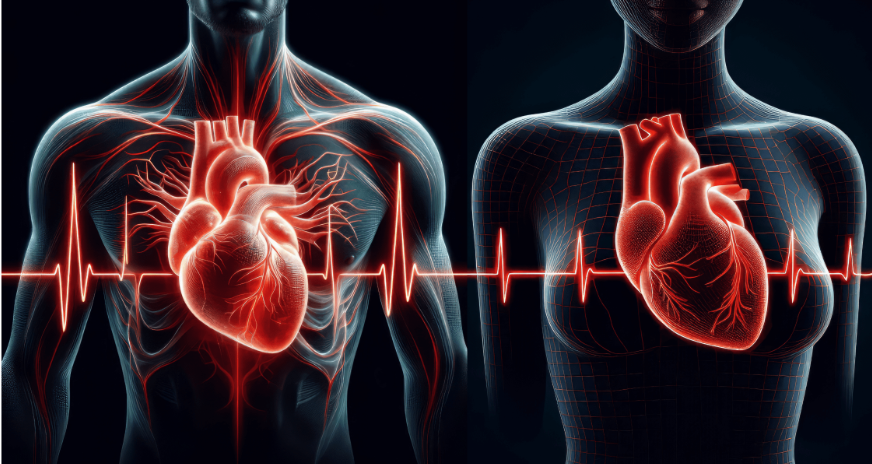
"Self-care is the first line of defence in health care, between our daily lives and the health care system. It is not a substitute for the health system, but a complement to traditional health care ..."
Participants in the Lifestyle Programme increase their active involvement in developing and maintaining their own health through digital connections. The programme provides safe access to products and activities, maintains motivation, and fosters health engagement by creating community spaces.
Health Preservation
And Rehabilitation
Risk assessment is a great way to prevent serious diseases.
The analysis of health data from digital devices is an increasingly important element of modern and effective health management. It enables better management of our health and well-being, with a focus on prevention, early detection and treatment of potential health problems.
In the case of established illness, we can help people regain their active lifestyle thanks to our innovative, personalised rehabilitation procedures.
AIRMID Smart Care
Technological innovations continue to evolve and become part of our everyday lives at an extraordinary pace.
Wearable devices, modern home measuring devices and data from machines used in treatment are providing extraordinary support for prevention, early diagnosis and rehabilitation.
Full digitalisation also means that personal presence is only required to the extent necessary. Education, consultations or access to credible information can be done in our own time and space without a personal presence.
Digital Caring
Within the Smart Care programme, promoting self-care skills is a priority.
Chronic diseases, unlike acute diseases, tend to start slowly, often unnoticed, and progress much more slowly over time; in many cases they are not cured in the classical sense, but can be kept in balance, often requiring lifelong treatment and care.
For most chronic diseases, self-care and lifestyle changes are more likely to bring improvement than medication.
Activity Suggestions
And Quality Contents
The biggest challenge is to maintain motivation. The innovative solutions offered by digital technology are a powerful response. They make it possible to objectively measure progress, formulate new objectives and adapt them to the current situation.
We can find out about quality activities that suit our physical condition and preferences, try out different forms of exercise and, in addition to the experience of lifestyle change, get involved in new communities.

